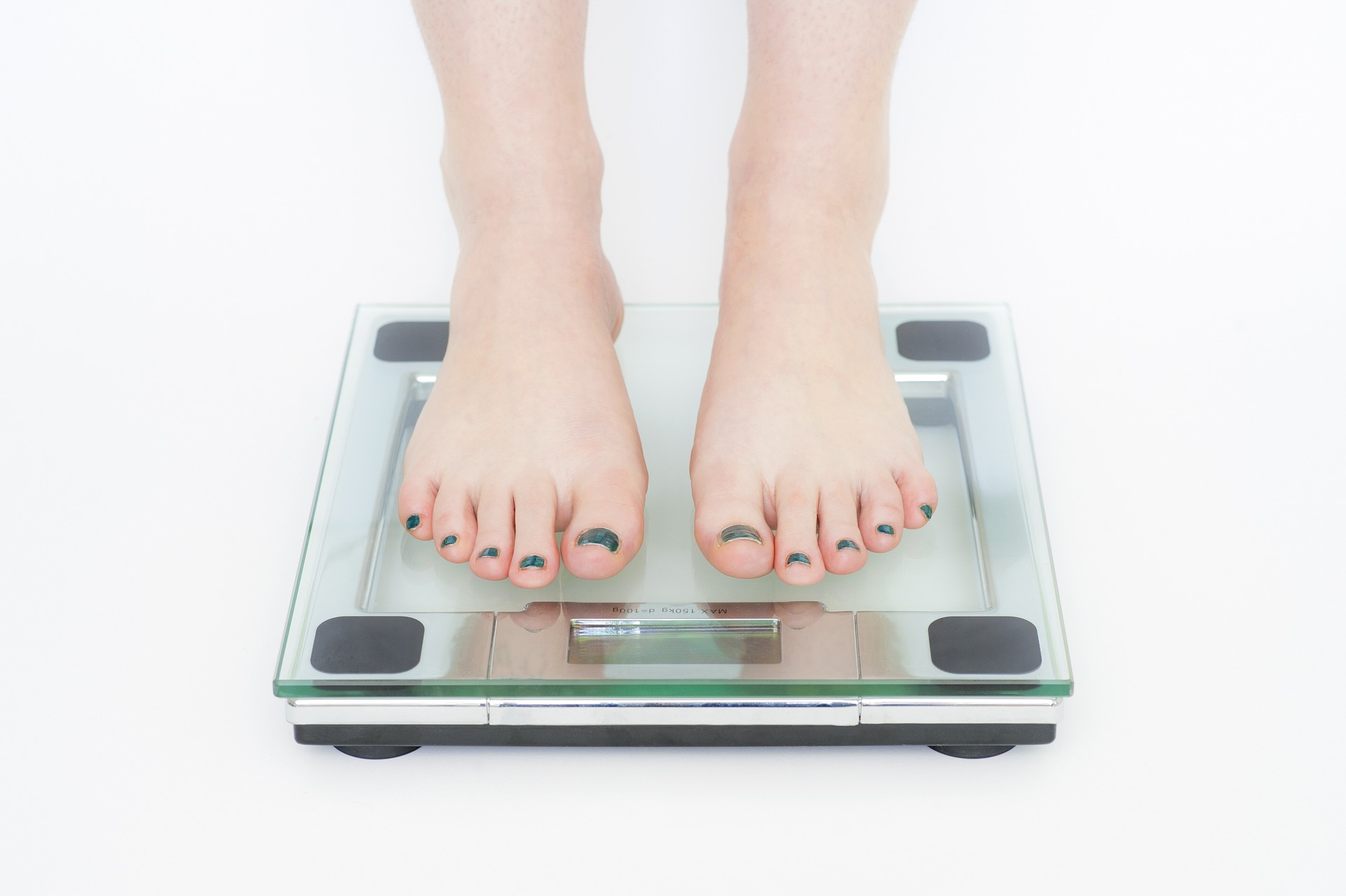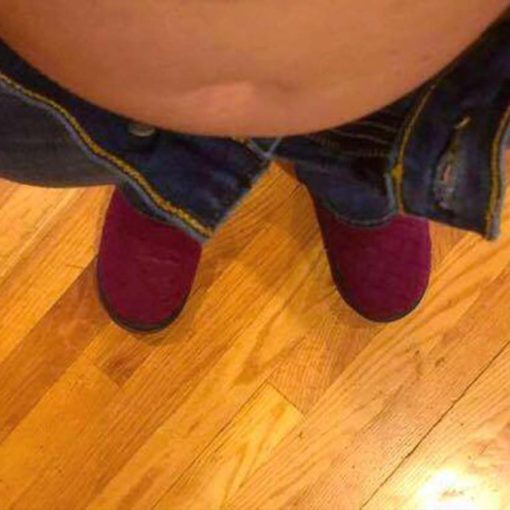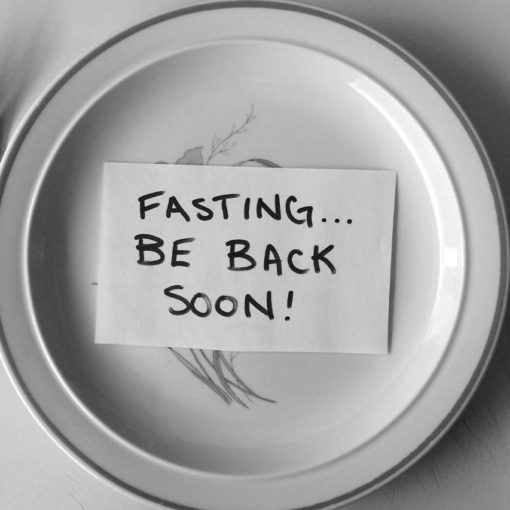It’s frustrating. You’re doing everything “right” and you can’t lose that “extra” weight. You eat healthy foods, you exercise, you avoid sugar as much as possible, you don’t eat bread or pasta most of the time. You tried intermittent fasting and other programs. And you have lost some weight before, but it seems to come back and it gets harder and harder to lose as you get older. The frustration makes you give up sometimes and then you get inspired to try again. Perhaps I’ve caught you in that moment of inspiration, which is why you’re here.
I have some good advice for you to help you lose extra weight.
However, let’s first take some inventory. Why do you want to lose weight? If you lost weight, how would your life be different? How would you feel? Is it the feeling that drives you to want to lose weight, or is it something outside of yourself telling you that you SHOULD lose weight? That’s an important distinction. Think about this paragraph for a little while–it’s important to be clear about your “why,” in order for you to stick to the habits that may help you get to where you want to be.
Then, start here:
- Start your day with 16-20 oz of water. Not coffee (though coffee is totally fine–just have water first). There’s a myriad of reasons why this is beneficial including helping your body flush out all the ‘stuff’ it worked on cleaning up while you were asleep. I take my bottle of water with me for my morning walk outside, sipping as I go. Here’s our podcast on importance of drinking water.
- Have nourishing fat with your first meal. Fat is satiating and it DOESN’T make us fat to eat it. So, it will help us feel full and keep us satisfied for a few hours. We also need fat for many bodily processes, including assimilating vitamins and minerals. Of course, the kind matters. Start your day with things like nuts, seeds, avocados, whole milk organic dairy products and eggs (the whole egg), olives, and fish (I love smoked salmon on whole grain toast). If eating more fat scares you, take a listen to our podcast Should You Fear Fat?
- Make your mid-day meal the main one. Whether it’s lunch or a late morning breakfast, this is the best time to have a large meal simply because our bodies are programmed to be at the height of metabolizing and assimilating in the middle of the day. And, you’ll have plenty of time for digesting before you enter into your rest phase in the evening.
- Check in with yourself before eating. We are often ruled by the clock: “It’s 12:00! Time for lunch!” It’s common to not even think about whether we are truly hungry. Make it a habit to be mindful about how you are feeling before you eat something. Is it hunger, habit, a craving, or some other reason that made you want to eat? The best reason to eat is because you’re hungry. Many of us simply eat too much because we aren’t tuning in first.
- Go without snacking and or grazing. If you’re feeling the need to snack (because you’re hungry), perhaps you didn’t eat enough (or at all) at breakfast time. Maybe it’s simply because there’s food available, and you snack because it’s there. Generally, unless you have a super fast metabolism, snacking and grazing is one of the biggest reasons people keep extra weight on. Ideally, you have 3-4 hours between meals, and you actually feel hungry when it’s the next meal time. This hunger signals that your body is finished digesting and has been burning off the previous meal and, even better, burning fat in your body to help fuel you. Let your body feel hungry before eating your next meal BUT . . .don’t’ get to the point that you feel ravaged by hunger. This may lead to overeating your next meal. We made this podcast to address the issues of snacking and grazing.
- Have a light and early evening meal (of course, this depends on following the first five steps). This is all you will need because you had your big mid-day meal and you probably aren’t very hungry. But you’ll want to nourish yourself so that you aren’t hungry later when your body is not prepared to efficiently digest and assimilate. A salad or small bowl of soup or a small, light meal is perfect, and the earlier the better. I made my own boundary to finish eating by 7:00 p.m. That gives me a few hours to digest before bedtime so that I can get a restful sleep.
- Sleep is a huge factor in weight loss. Not getting enough sleep stresses our bodies in many ways, and this stress signals our body to hold onto fat. Chronic stress is one of the biggest reasons people can’t lose weight that they want to. When we are continually stressed out, our bodies think we are in danger (from the thousands of years that this was actually true). Though we live in modern times, our bodies still operate prehistorically when stress meant famine or losing our shelter or being threatened by weather, beasts, or hostile tribes. We needed our bodies to hold on because we needed to survive! Nowadays, this usually isn’t true (especially if you are able to read this blog), so we need to find strategies to reduce our stress, and sleep is one of the best ways to start since we can control when we go to bed and when we wake up. We recorded this blog on the importance of sleep.
We don’t want to simplify this or make you think it is easy and simple to lose weight because it may not be.
Similarly, it’s not simple in the way you got here wanting to lose weight. We sometimes lose sight of the factors and time that it took to get here and then the media and messages out there make us think we can just simply lose it in a month or a few weeks without even discussing the whys or how this will fit into our real, everyday life.
If this blog resonates with you, please continue to read our blogs, listen to our podcast, follow us on our social media and check out our services.
*Though the term “weight-loss” is so well known and used all the time, we want to make it clear that it’s too general. What most people want when they say that term is really fat loss. They want to lose fat on their body. Of course, if they have more weight on than they want, and they don’t like the way they look or feel, it’s because they have more fat on their bodies than they want. And if they lose that fat through changes in what they eat, how they move, getting better quality sleep, and de-stressing, they WILL lose weight–-hopefully in the form of fat loss. Too often, people starve themselves, in a sense, without doing nourishing things, and they lose weight, but they also (or mostly) lose muscle, which we so desperately need, especially if we are over 40. Muscle does weigh more than fat, so it’s deceiving.






